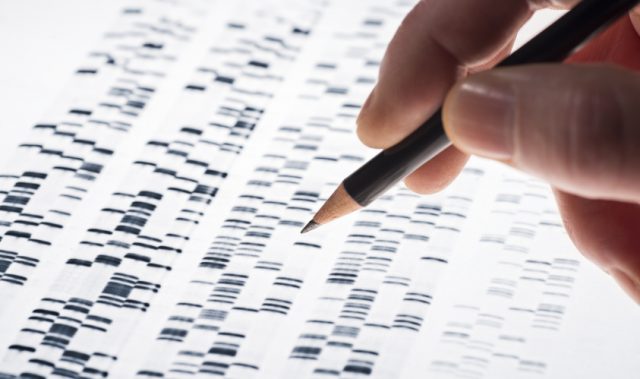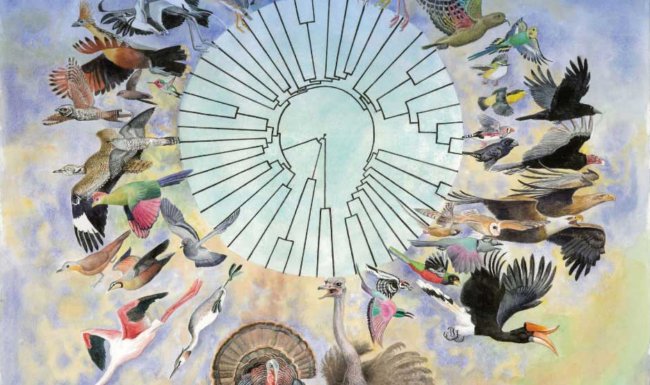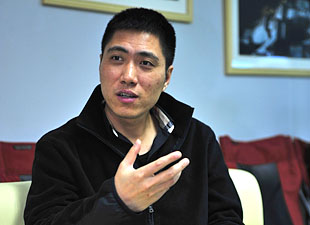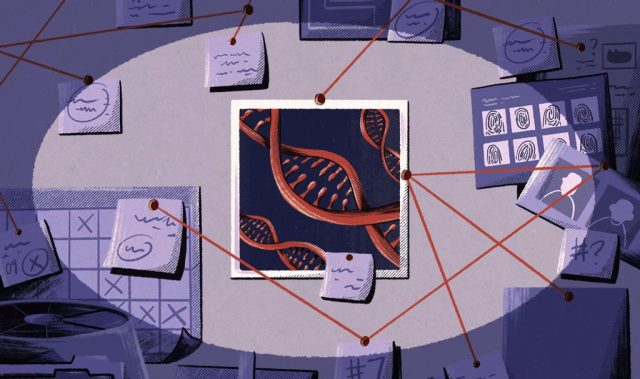
AsianScientist (Nov. 5, 2012) – By decoding the genomes of more than 1,000 people from Han Chinese in Beijing to Japanese in Tokyo, scientists have compiled the largest and most detailed catalog yet of human genetic variation.
The 1000 Genomes Project involved some 200 scientists from the U.S., U.K., Germany, and BGI Shenzhen in China, with the goal of identifying rare variants across different populations.
Results detailing the DNA variations of individuals from 14 ethnic groups were published in the latest issue of the journal Nature. Eventually, the initiative will involve 2,500 individuals from 26 populations.
At the genetic level, any two people are more than 99 percent alike. But rare variants – those that occur with a frequency of one percent or less in a population – are thought to contribute to rare diseases as well as common conditions like cancer, heart disease and diabetes.
During the pilot phase of the effort, the researchers found that most rare variants differed from one population to another, and that they developed recently in human evolutionary history, after populations in Europe, Africa, Asia, and the Americas diverged from a single group.
The researchers sequenced 14 different ethnic groups – ranging from Han Chinese in Beijing, Japanese in Tokyo, to Puerto Rican in Puerto Rico – and came up with many interesting findings.
For instance, while Han Chinese from Beijing and Southern Han Chinese are more similar to each other than to the Japanese, it is interesting to note that the Northern Chinese from Beijing share more similarities with the Japanese compared to their southern counterparts.
“This is another major breakthrough toward the achievement of personalized human medicine using next-generation sequencing technologies,” said Jun Wang, Executive Director of BGI.
“The data obtained in this study are freely and publicly accessible to research communities all over the world. They provide an invaluable resource for researchers to better conduct genome-wide association studies and other medical research studies in the future,” he said.
The article can be found at: An integrated map of genetic variation from 1,092 human genomes.
——
Sources: WUSTL; BGI-Shenzhen.
Disclaimer: This article does not necessarily reflect the views of AsianScientist or its staff.












